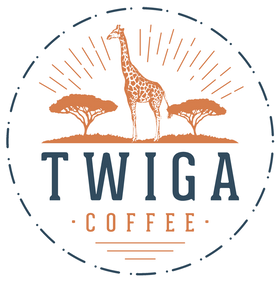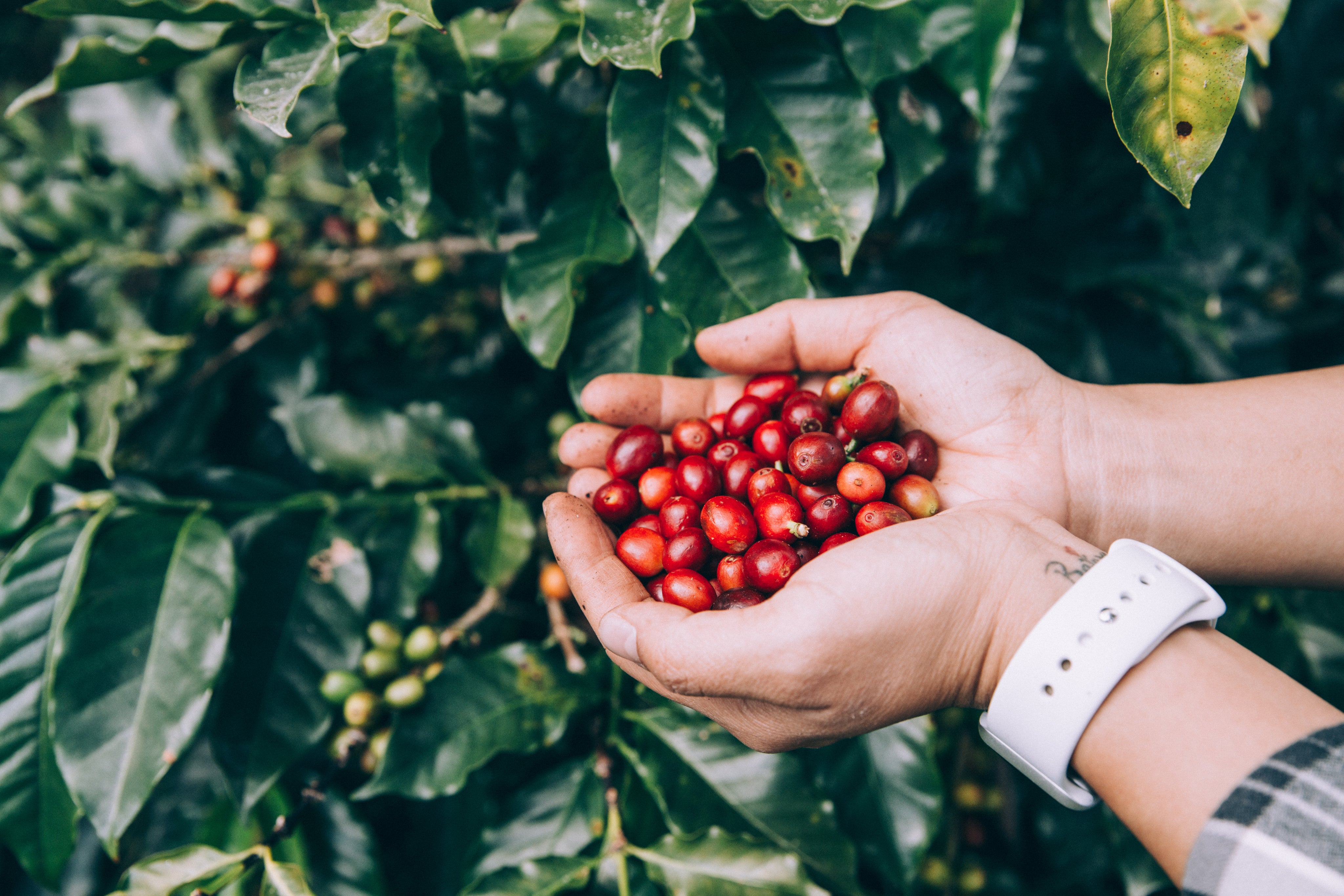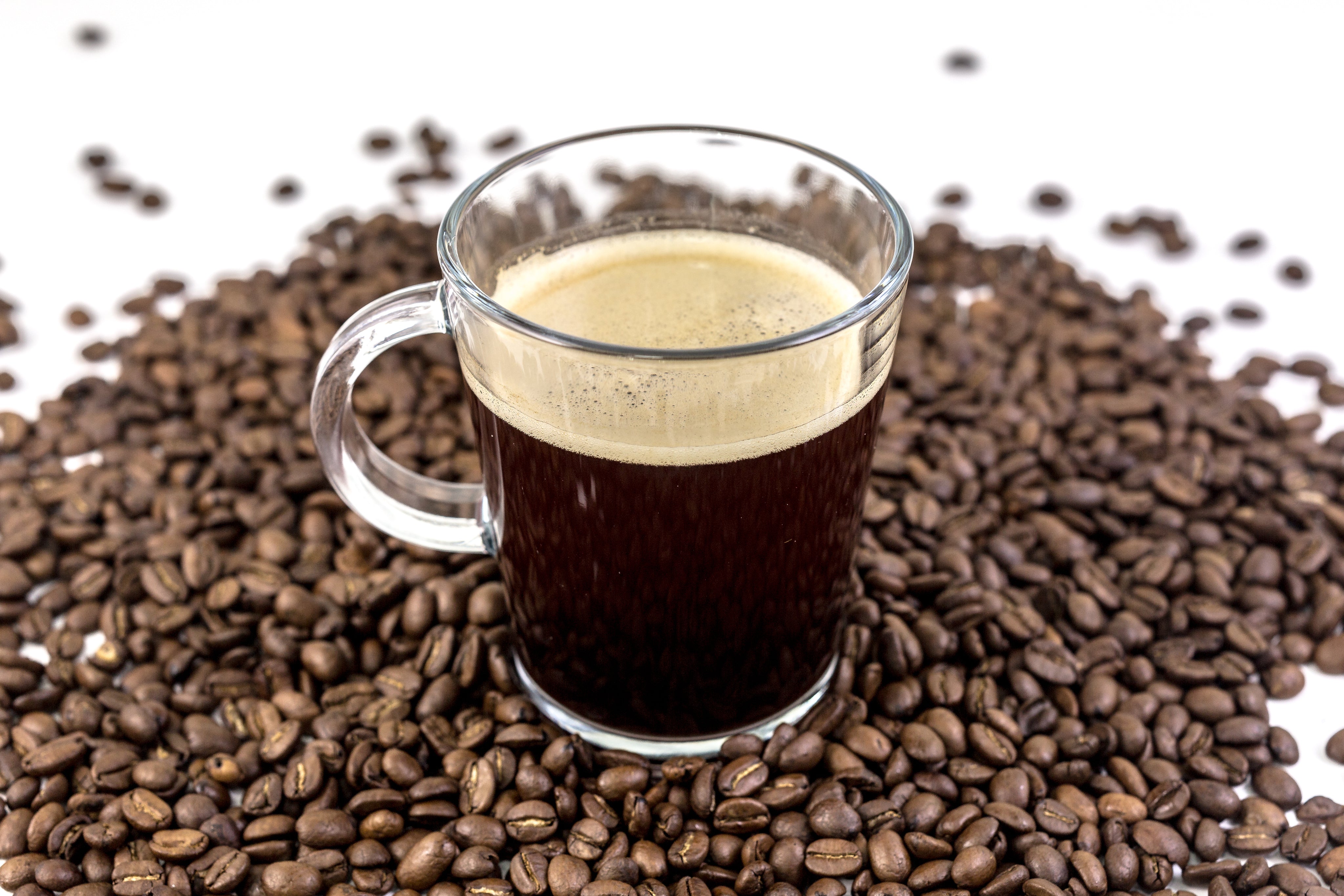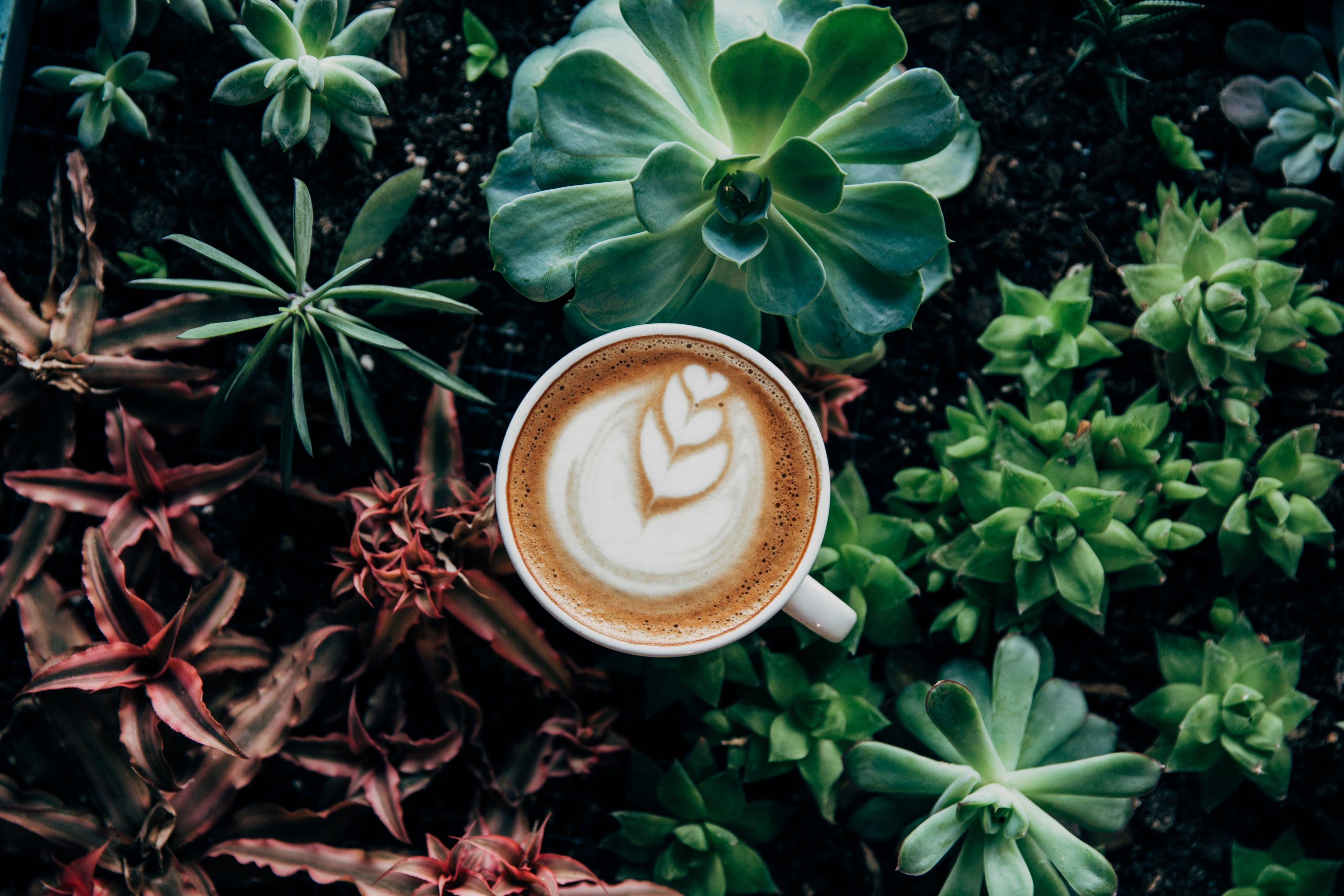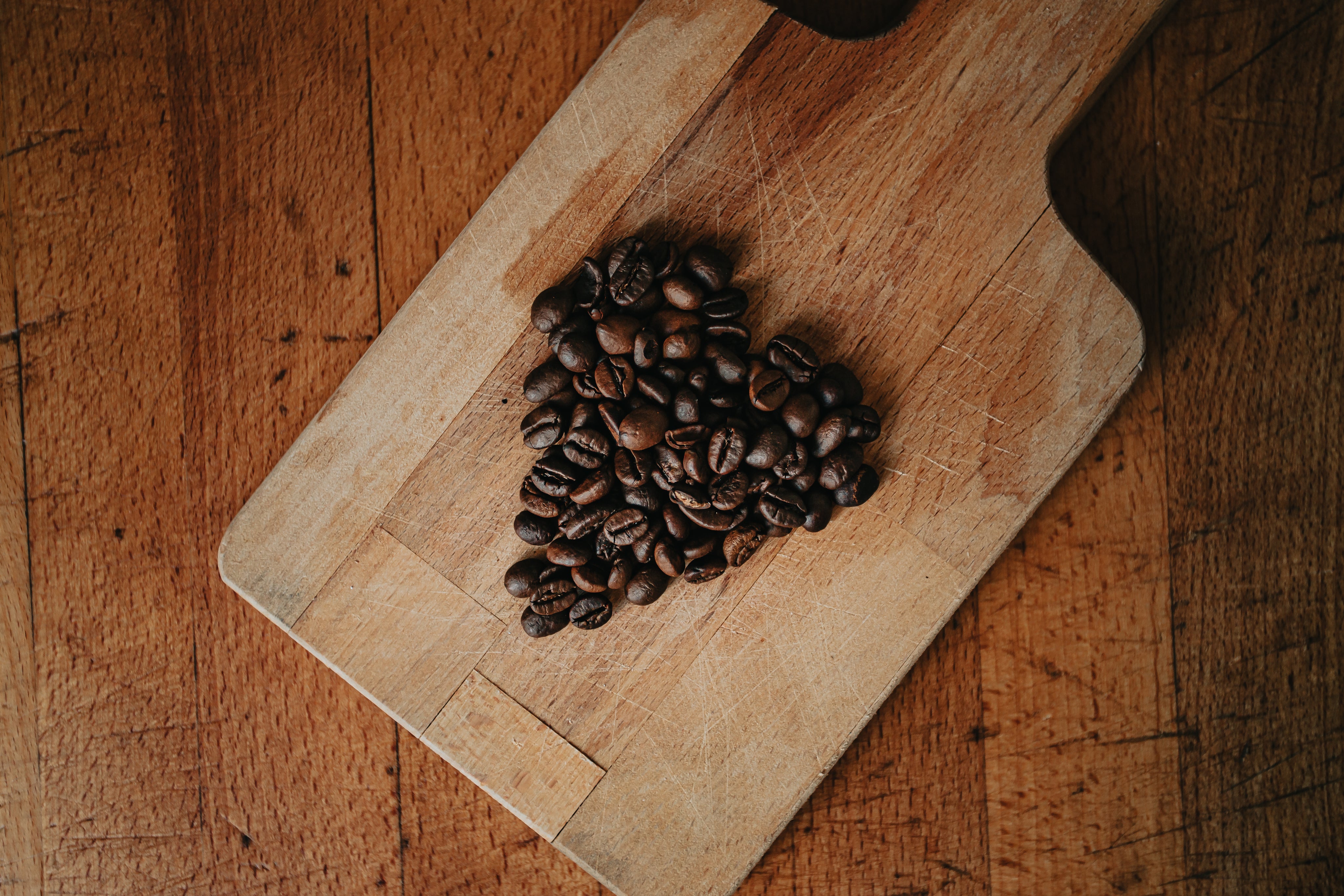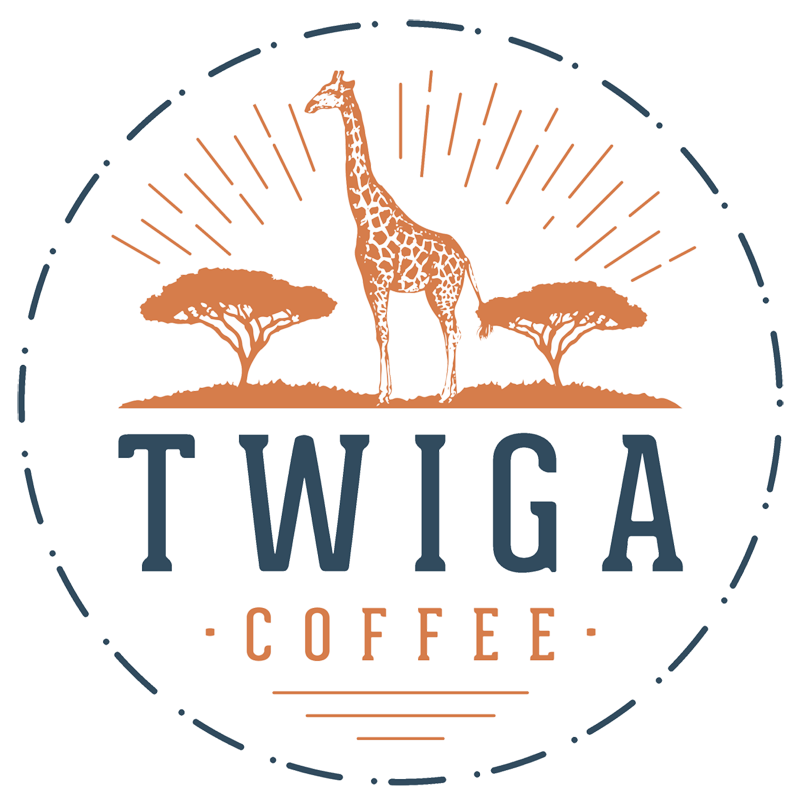For many of us, coffee is more than a morning pick-me-up, it’s a ritual. But when you reach for your daily brew, do you know what’s really in your cup? The difference between organic and conventional coffee goes far beyond taste. It’s about health, sustainability, and the future of coffee itself.
What Makes Coffee Organic?
Organic coffee is grown without synthetic pesticides, herbicides, or fertilizers. Instead, farmers rely on natural methods that enrich the soil, protect water sources, and preserve biodiversity. To earn the USDA Organic certification, every step of production, from farming to roasting, must meet strict standards.
At Twiga Coffee, all of our beans are USDA Organic and Fairtrade certified, ensuring that every sip supports both your well-being and the planet.
Why Conventional Coffee Falls Short?
Most conventional coffee is grown with chemical fertilizers and pesticides to boost yields. While this might make beans cheaper, it comes at a cost:
-
Chemical residues can end up in your brew.
-
Soil and water degradation harm local ecosystems.
-
Farmers’ health risks increase with long-term exposure.
What seems like a small difference at the store has a big impact on your health and the environment.
Health Benefits of Organic Coffee
Choosing organic coffee isn’t just about avoiding chemicals. It also delivers:
-
Cleaner cup – No synthetic pesticides or chemical residues.
-
Higher antioxidant levels – Many studies suggest organic crops contain more nutrients.
-
Better digestion – Fewer additives mean a smoother experience for sensitive stomachs.
Fairtrade: The Human Side of Coffee
Organic certification alone isn’t enough. That’s why Twiga Coffee is also Fairtrade certified. Fairtrade ensures farmers are paid fairly, work in safe conditions, and invest in their communities. When you choose organic and Fairtrade, you’re supporting ethical wages as well as sustainable farming.
The Bottom Line
Your morning coffee has power. By choosing organic and Fairtrade, you’re investing in your health, protecting farmers, and safeguarding the planet for future generations.
Sip smarter. Taste better. Protect the planet.

